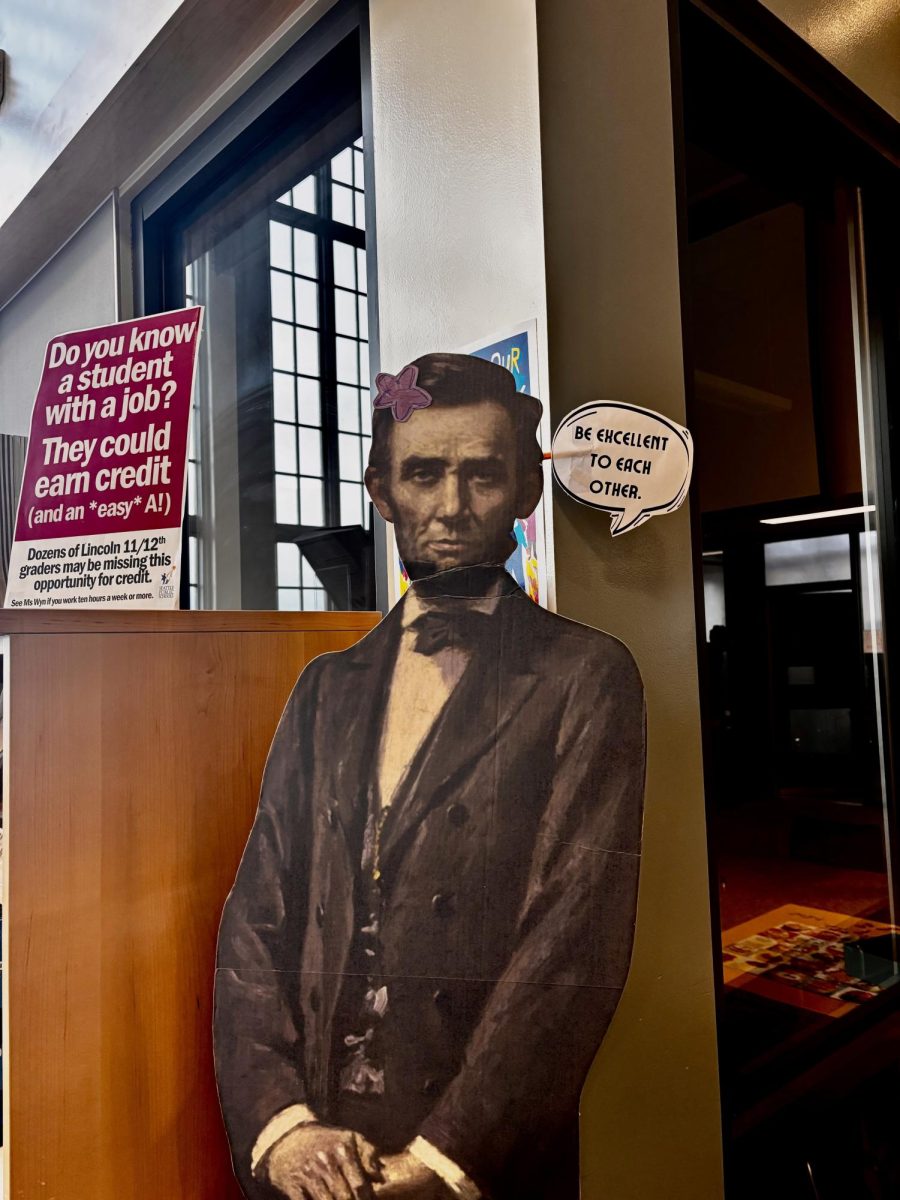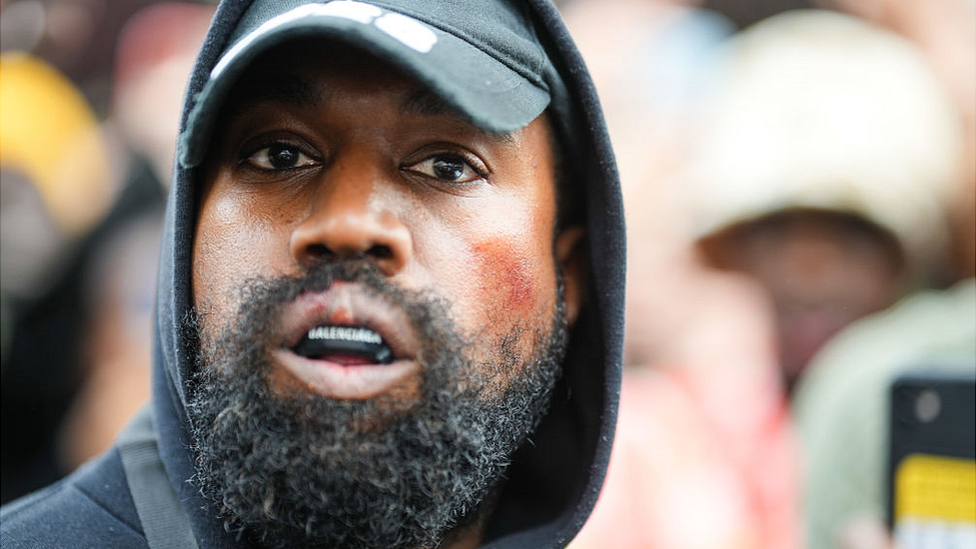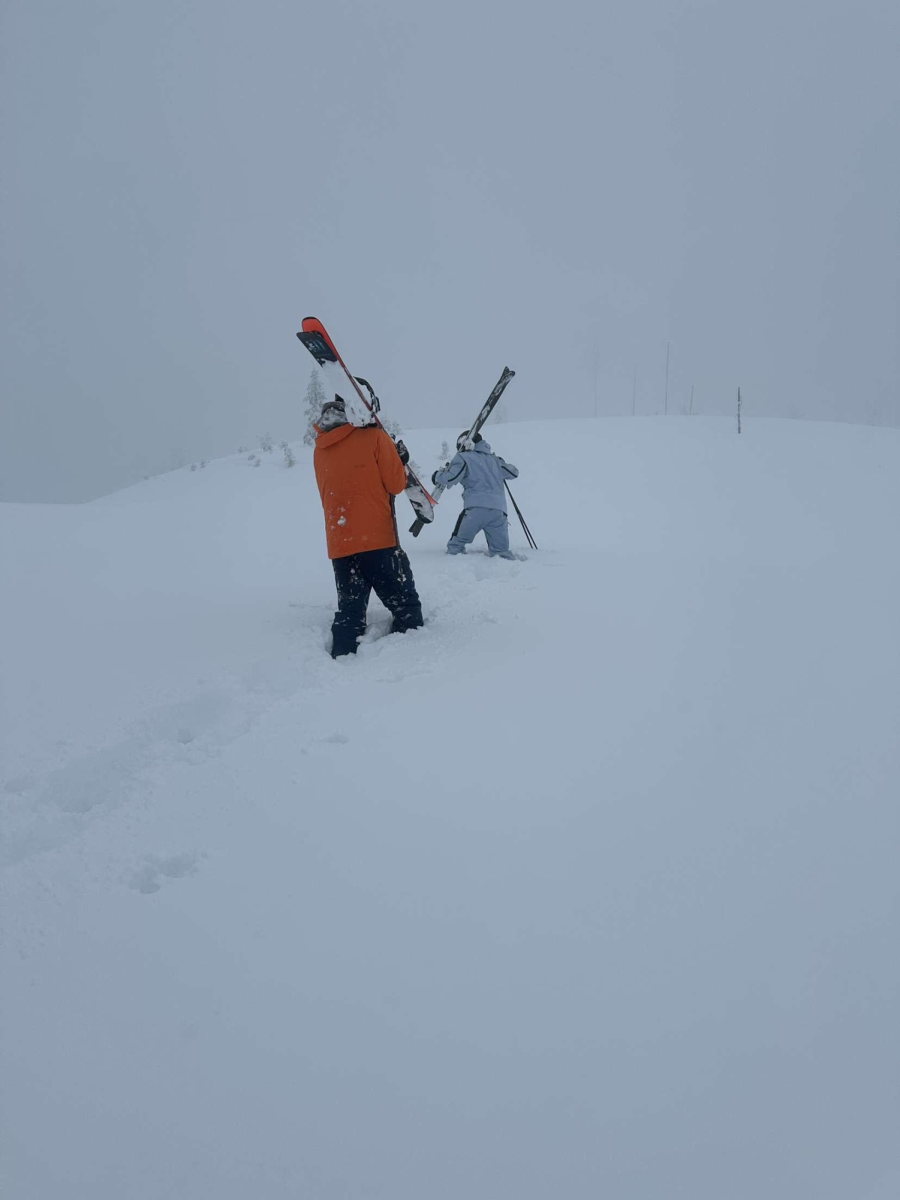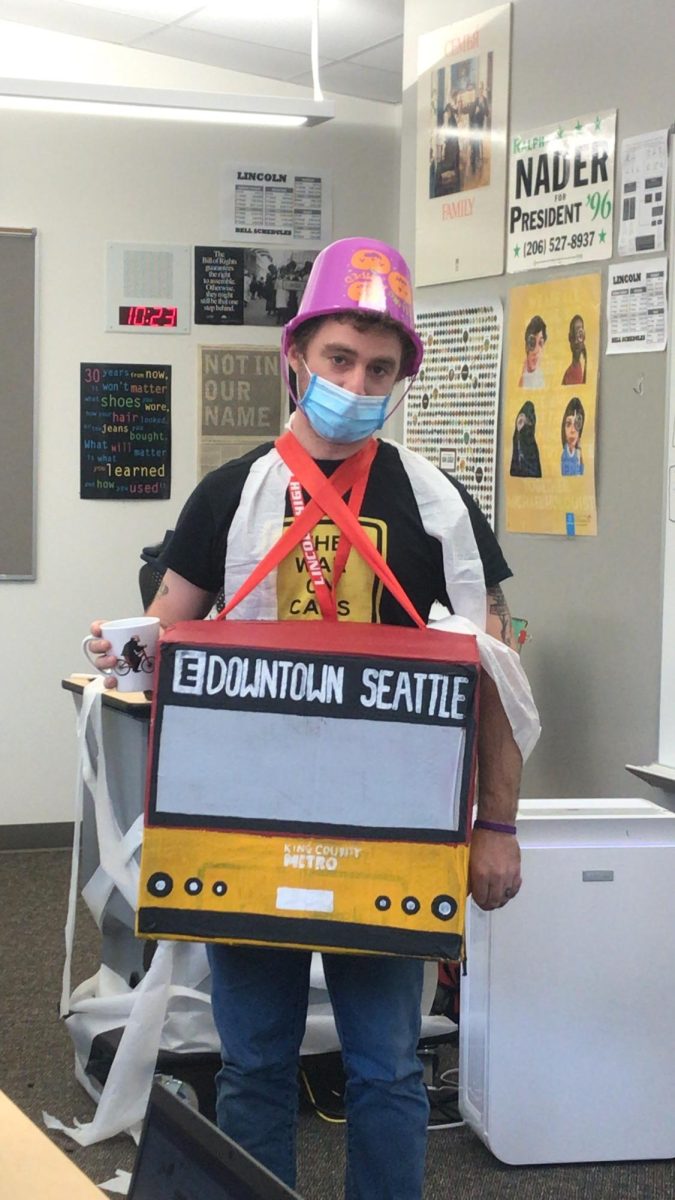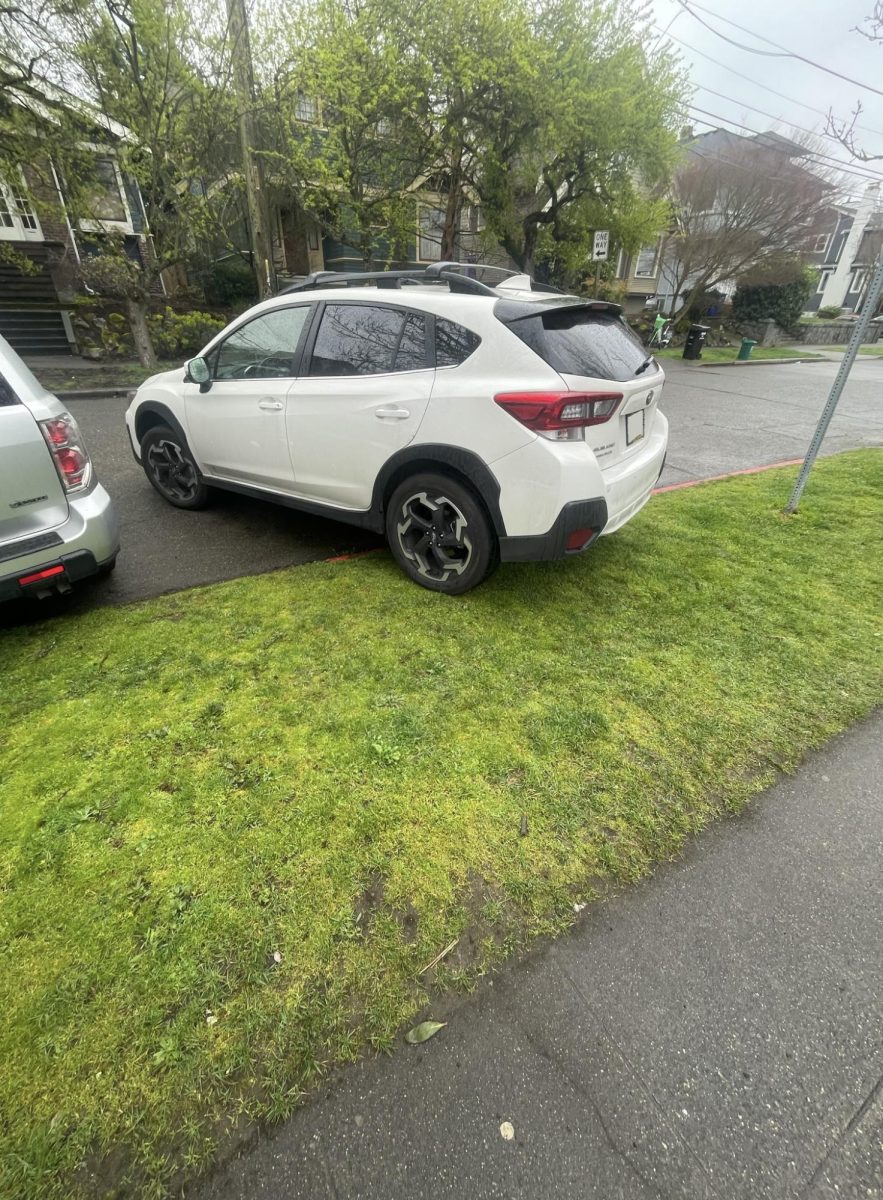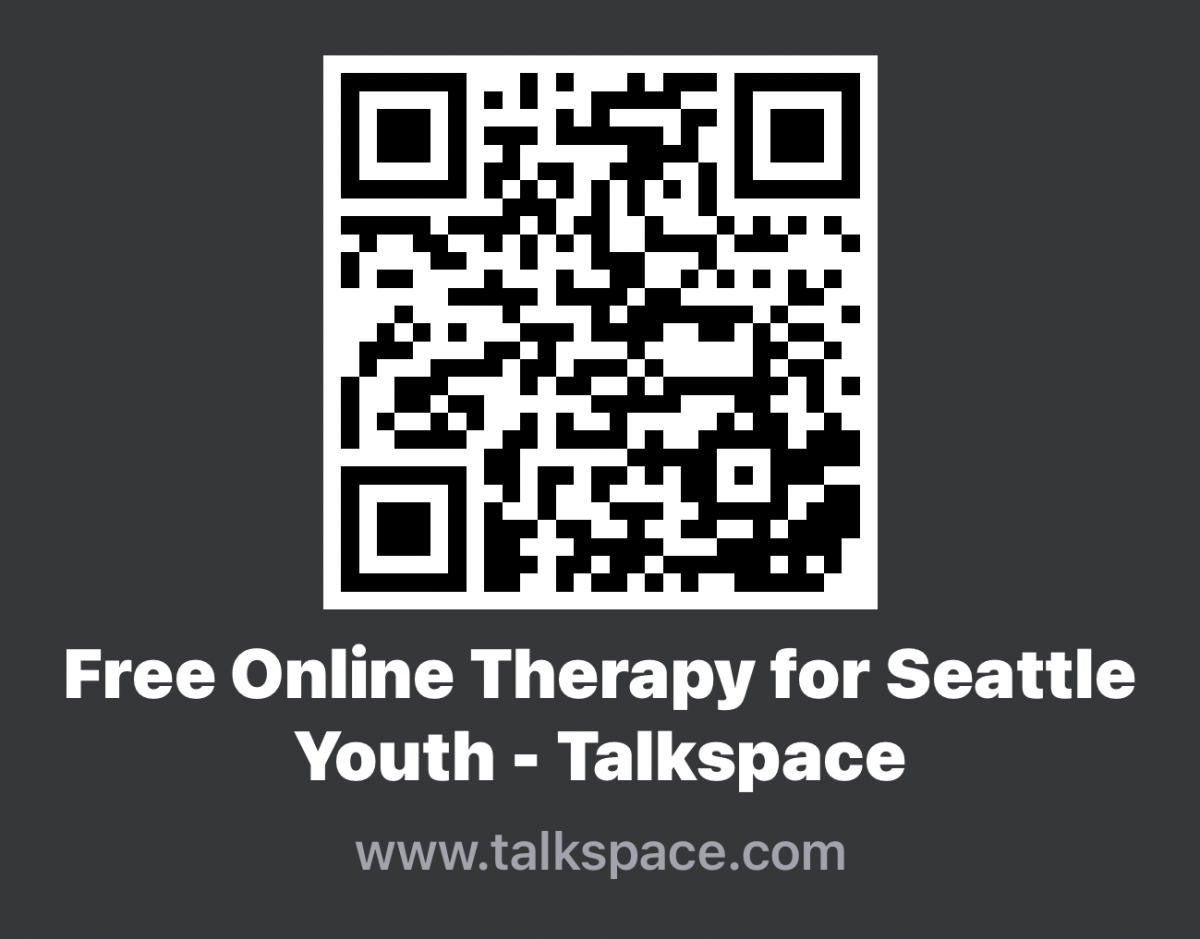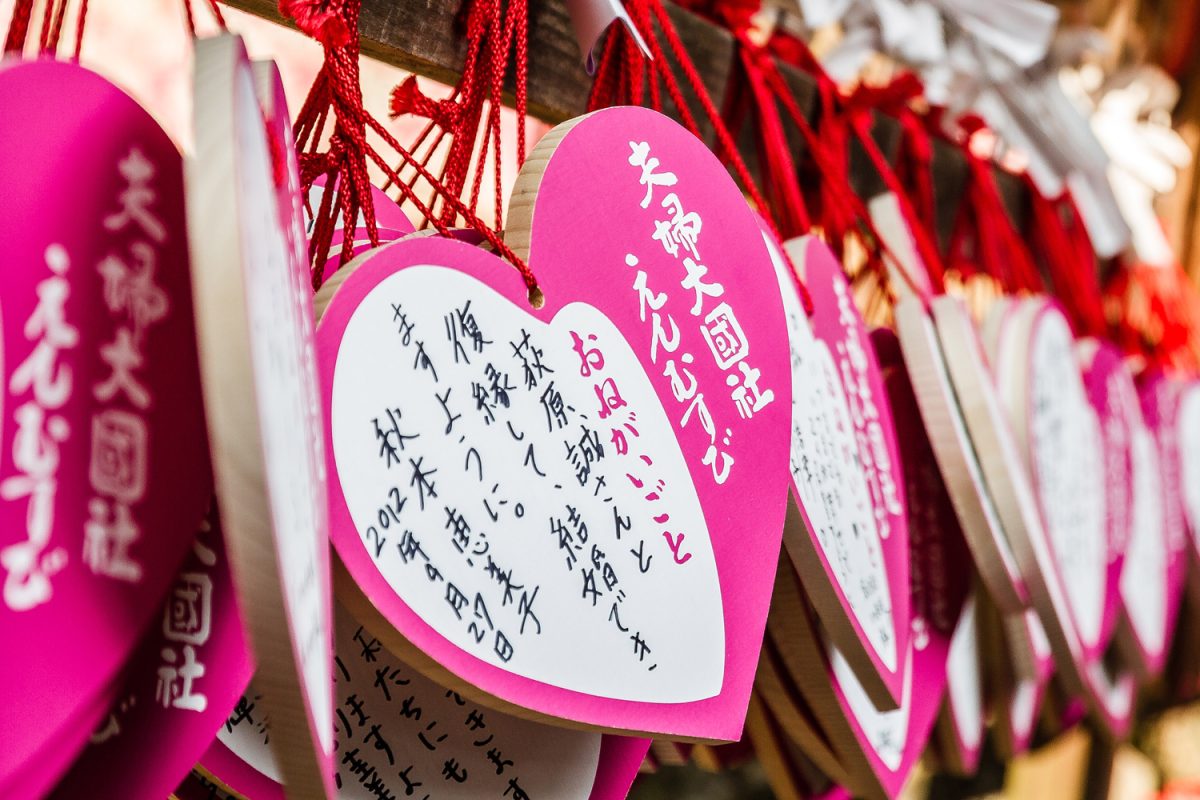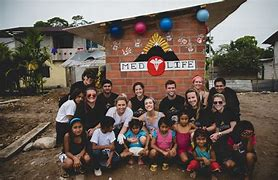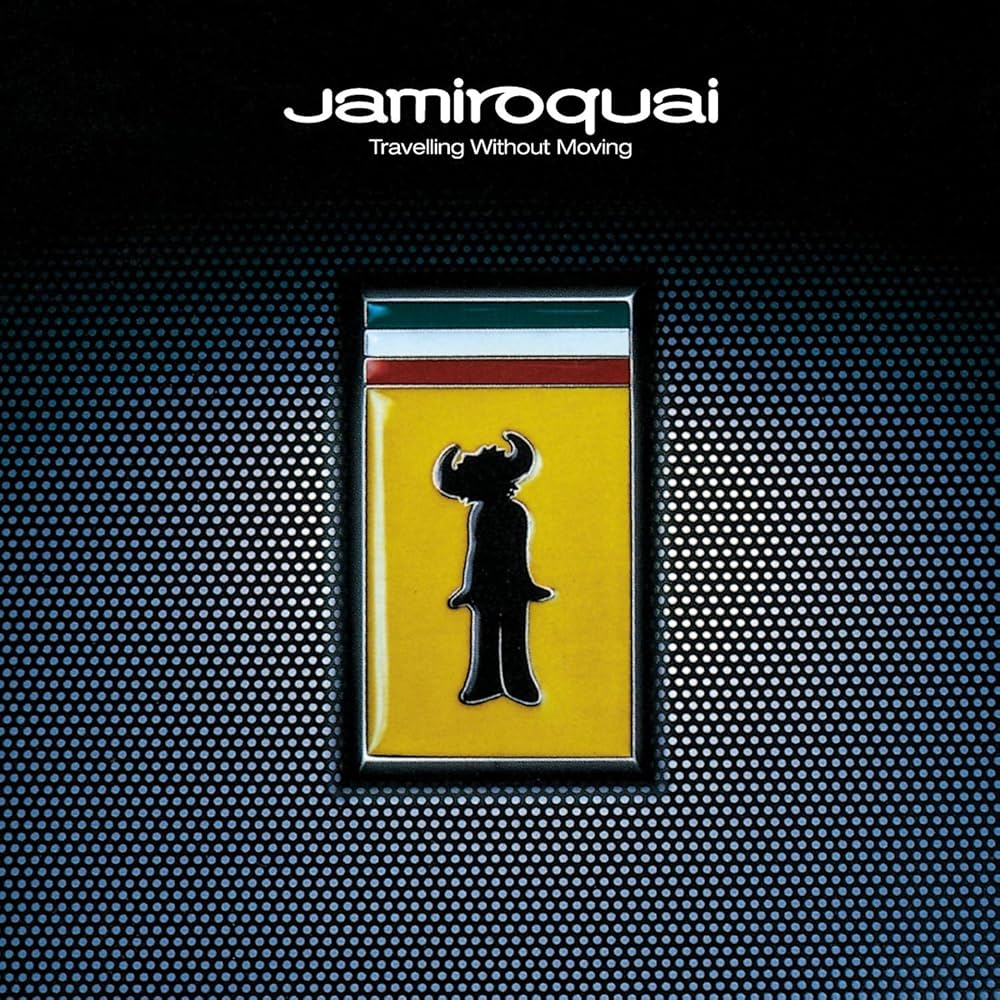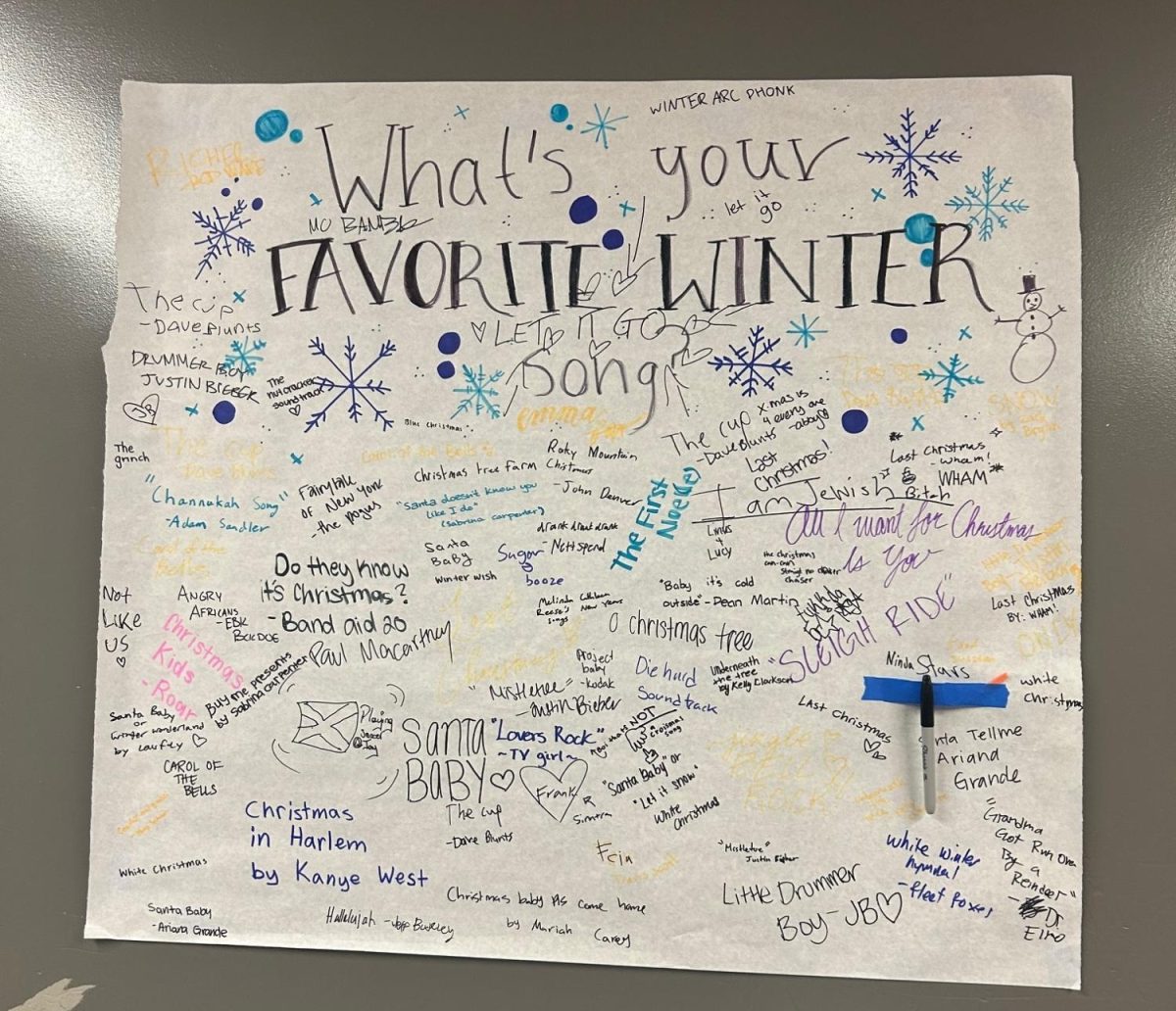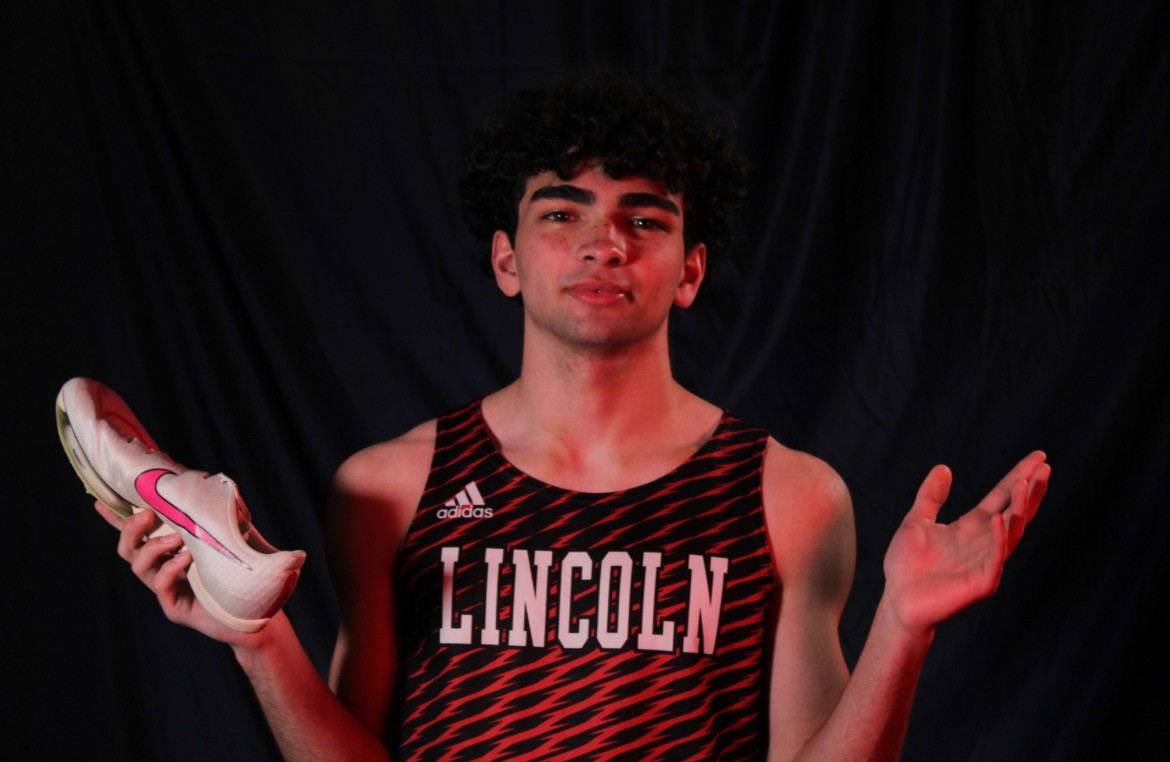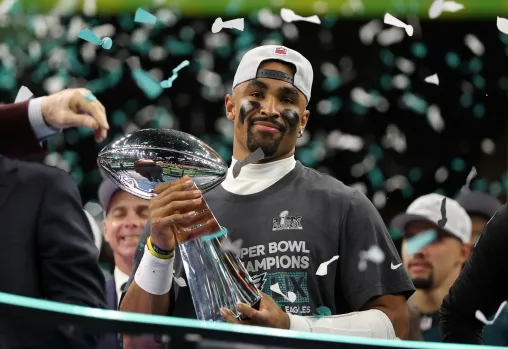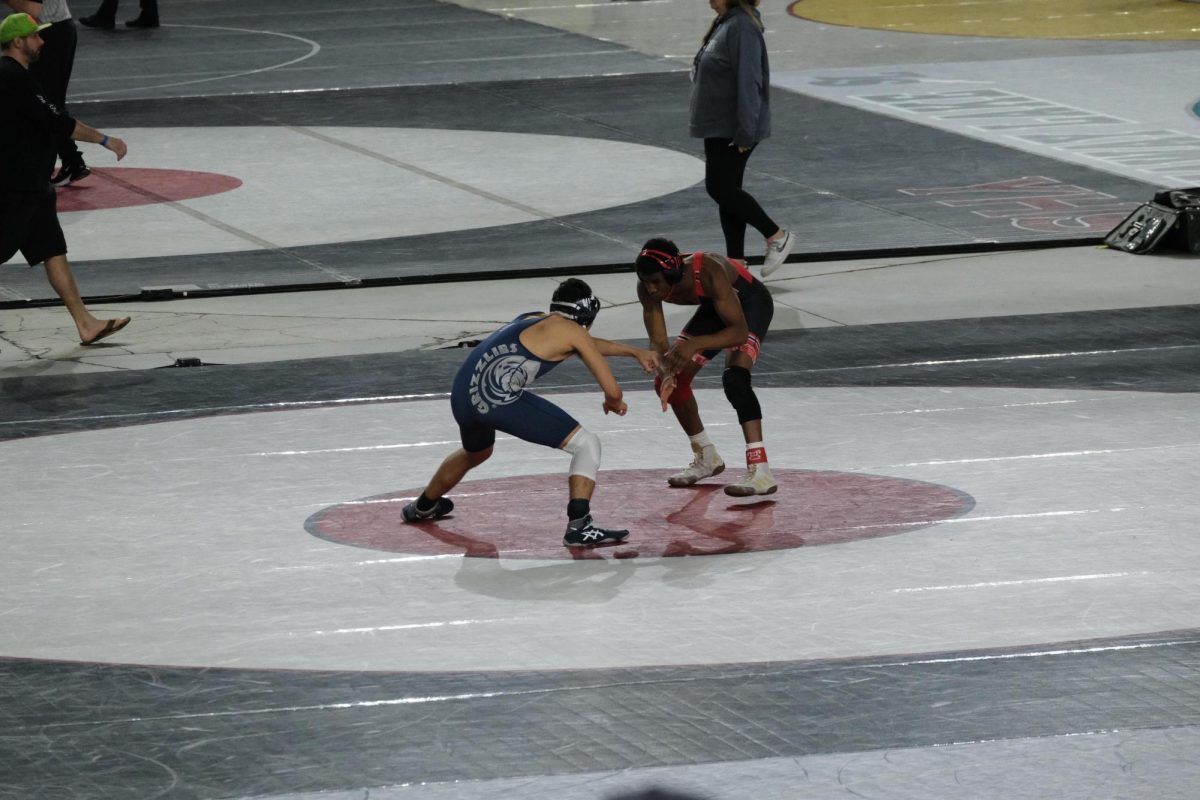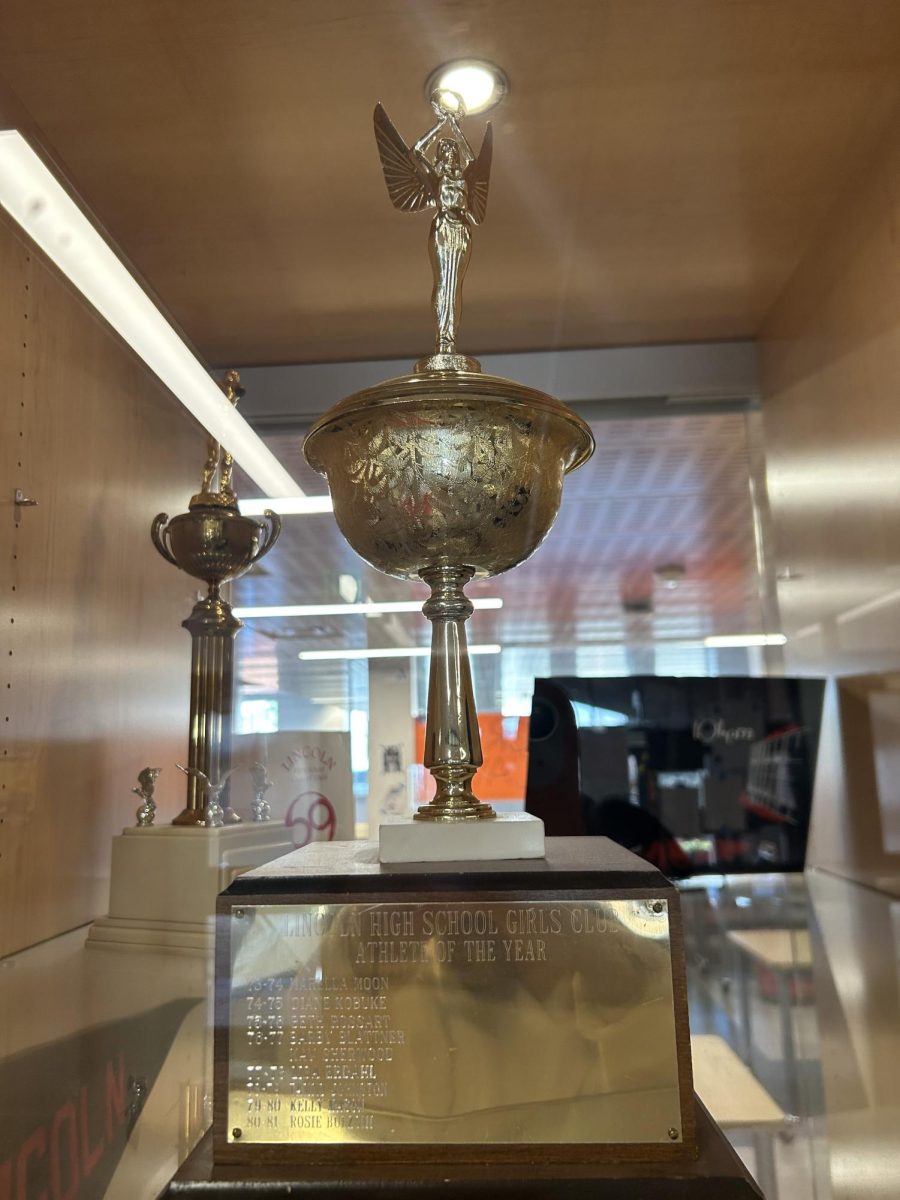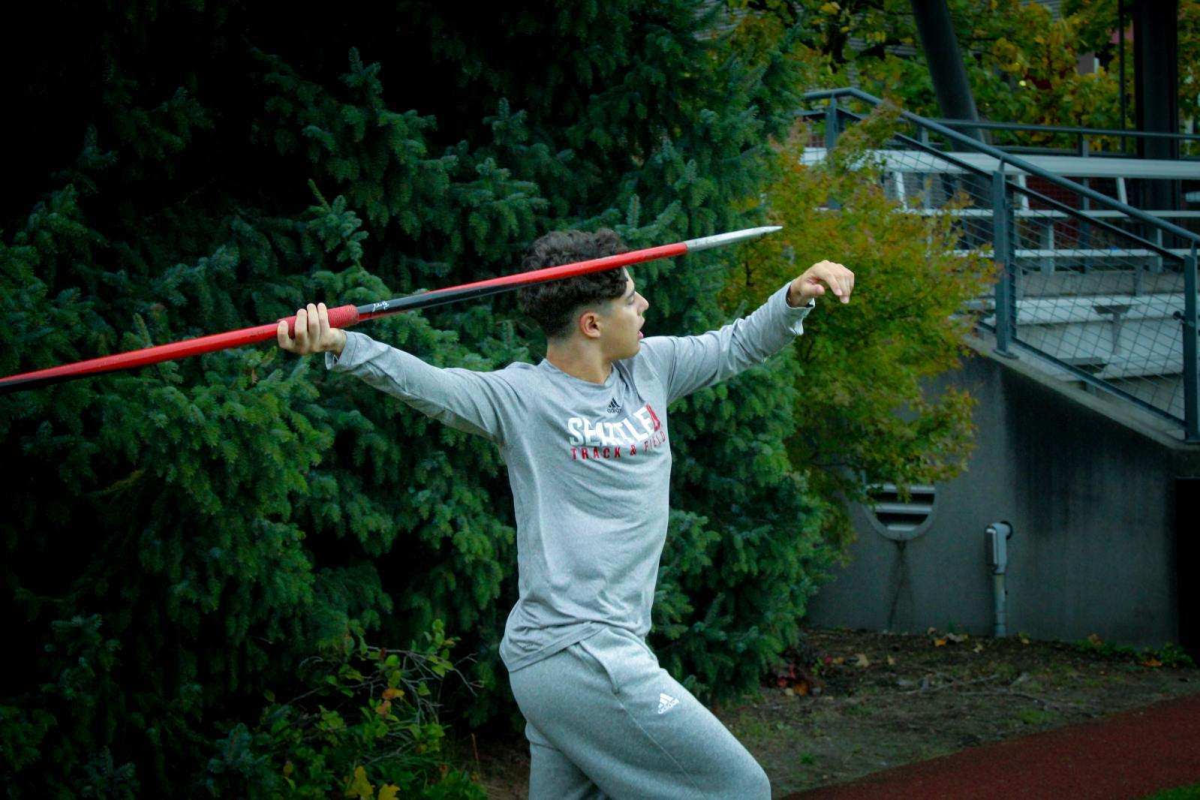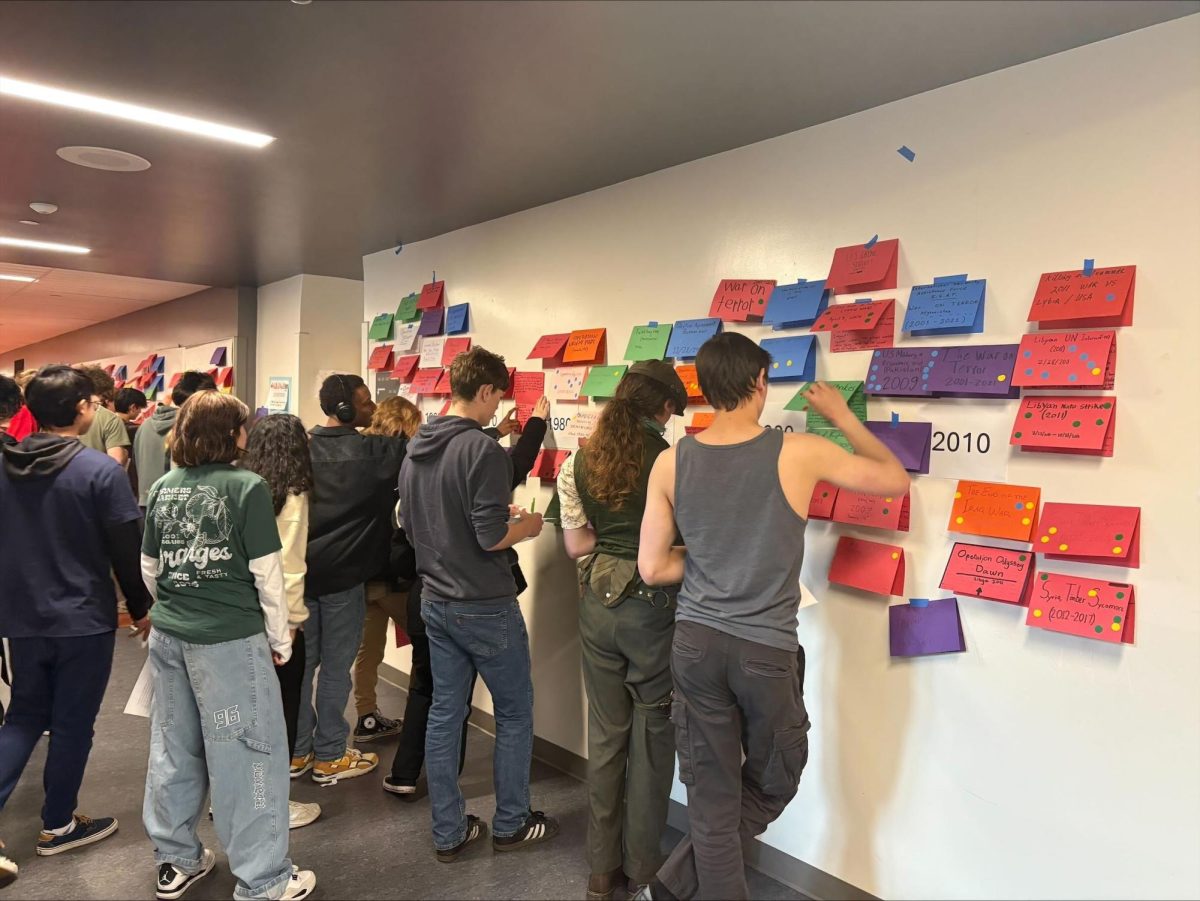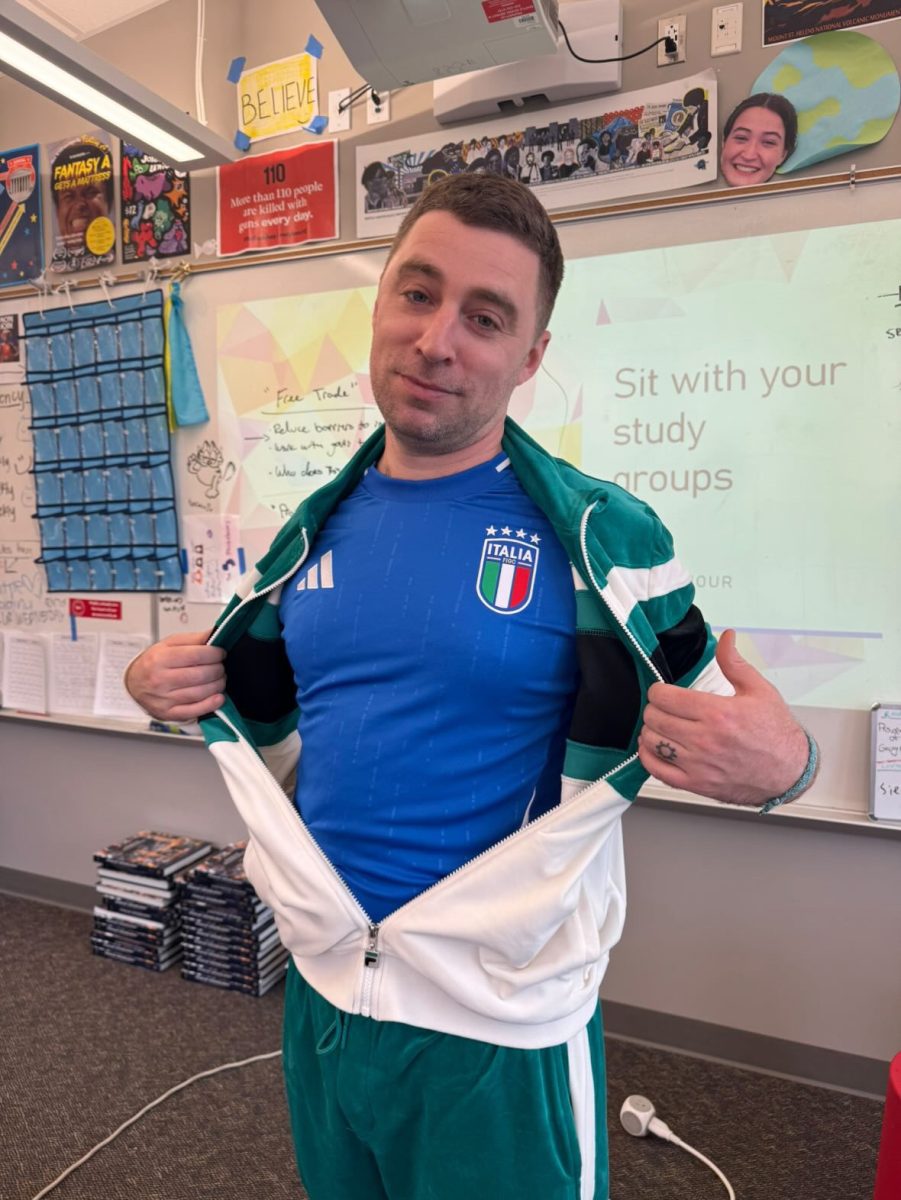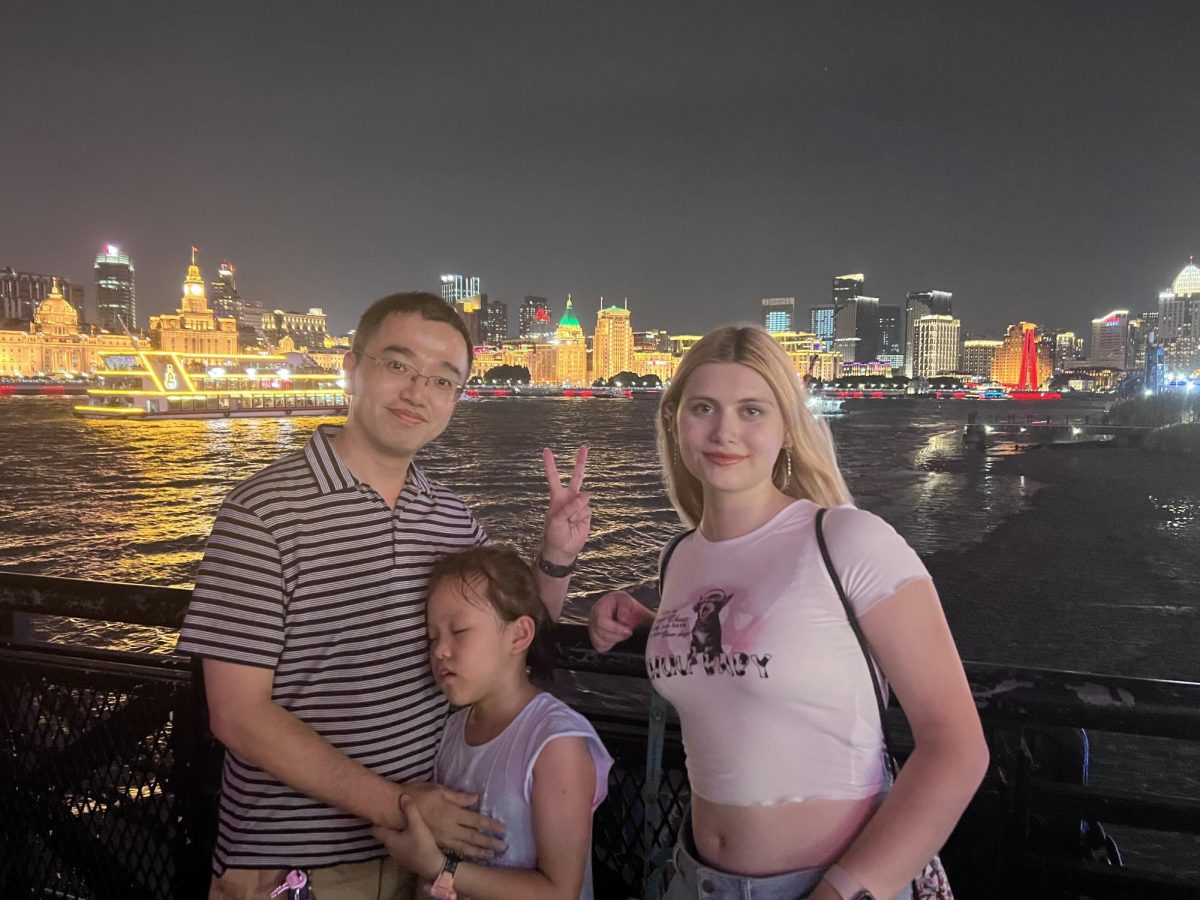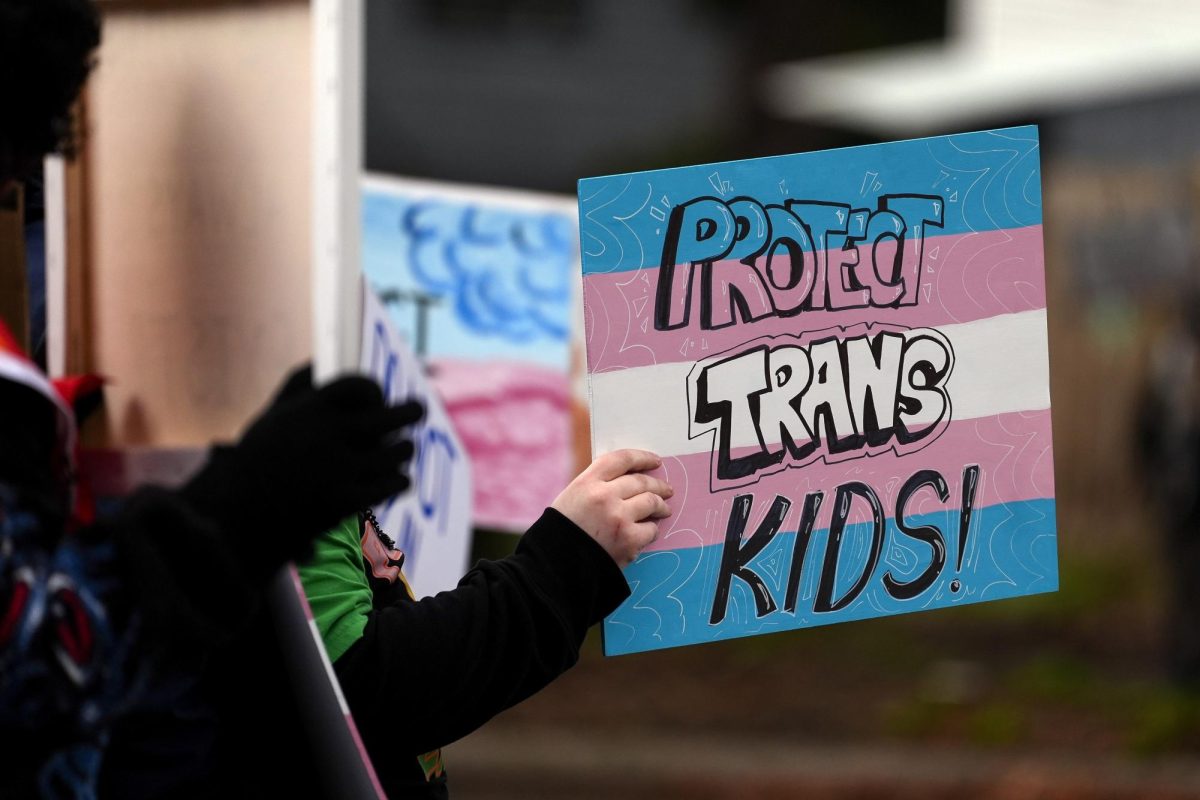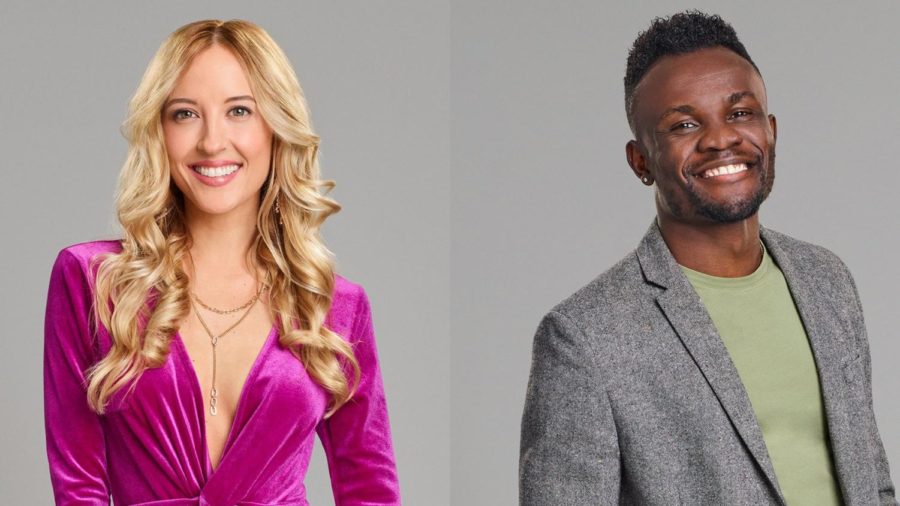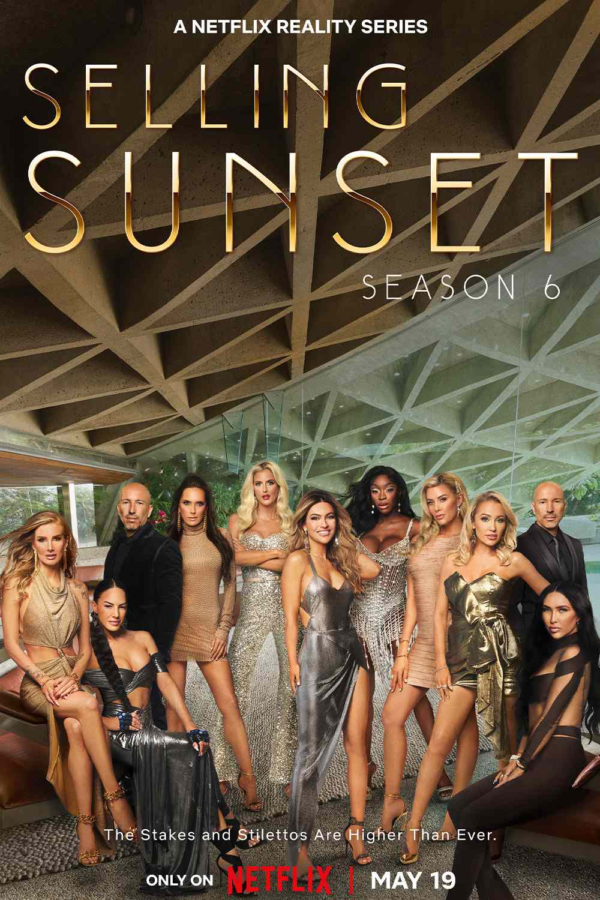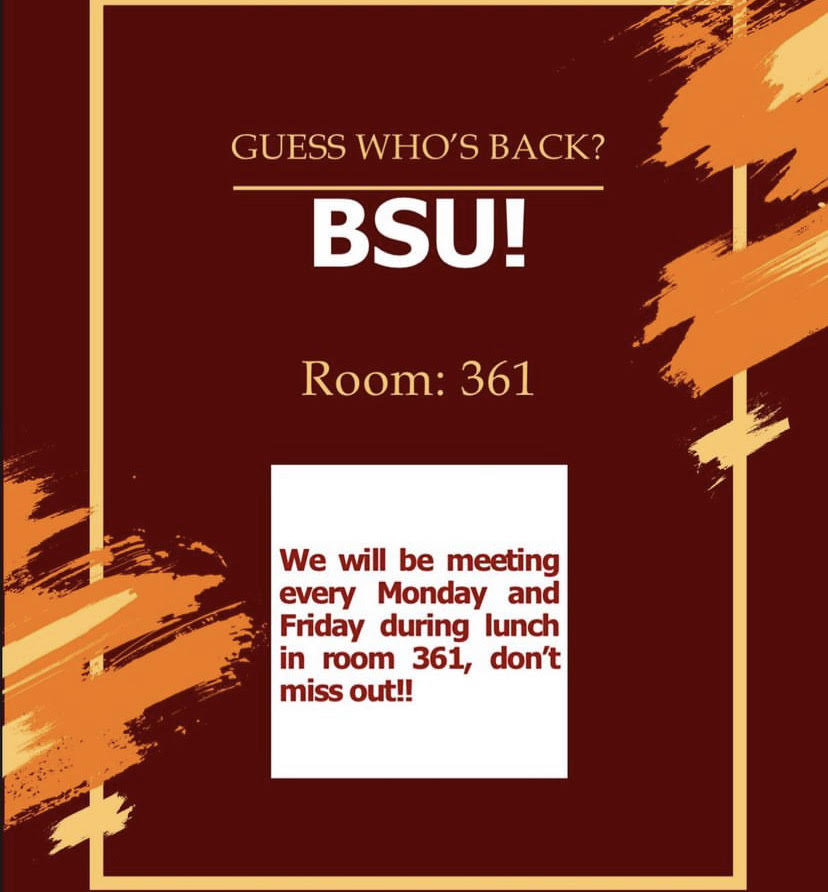POC’s POV
November 16, 2022
POC’s POV is welcoming Audrianna Ellison, an African American student attending Lincoln High School as a Junior. Let’s first take a moment to applaud Audrianna for being brave enough to speak out. This isn’t easy: for years, people of color have been silenced (and they still are!)so it’s hard being so vulnerable on articles like these that are for the world to read. On a side note, the words in brackets are my own little notes or my own thoughts that I wanted to include here, they’re not really tied to what Audrianna said.Now let’s hear what she has to say.
What is your experience at Lincoln? “Not the best. I think that the adults are the main issue because they like to act like they care but it’s all just preformative activism [preformative activism is activism done to increase one’s social capitalism rather than because one’s devotion to the cause.], they don’t do anything about the actual problem.”
How has growing up as an African American affected your school/life in general? “I grew up in a bunch of different places, but I really started going to school in Alaska, when I was young, and it was a little bit of a challenge. I was told I had ADHD, and they tried putting me in disabled classes, and my parents didn’t want to do that because of systematic racism and they didn’t want to use that as a reason to get me out of class. Other than that, school-wise and learning-wise it hasn’t really affected me [academically speaking, she hasn’t been treated unfairly with her grades because she’s a Black student.], but in a school environment it does because there’s a lot of racism at school. It’s usually passive aggressive and small, but [how bad the racism is depends on the area you grow up in. Here [Seattle] it’s not that bad, most of it, like I said, is passive aggressive. My parents wanted us to move here because they thought it would be more progressive, but there’s still a lot of racism. They do their best to be sneaky about it though.”
[I also want to add that we talked about how in California, where Audrianna used to live for a while, she went to a mostly Hispanic school, and the kids there always made fun of Audrianna. They would point to any Black male who walked by and ask her if that was her father, saying stuff like “You don’t have a father” even though she did. I think it’s also important to know the percentage of racism caused by other minority groups against each other. It’s way more than it should be. Sure, white people created racism, but racism between minority groups is definitely something I want to talk about, but I will in a different article.]
What would you do in reaction to this? “There’s only a couple times I have reacted negatively since there’s only so much a young kid could take. It’s hard having to go through all those times and ignore all the passive aggressive comments, all the small things, all the expectations of people, and not have that affect you in a bad way. There’s always this feeling in the back of my mind that’s just like ‘Oh I can’t react strongly because,obviously, if this gets brought to the attention of an adult, I’ll be the one in trouble for it, and they’re immediately going to think it’s my fault.’ So that kinda leaves a barrier of me not reacting at all or overreacting.
In middle school, there was this guy, he was smaller than me. We were kind of friends, and he lied about something, and I called him out on it, and then he proceeded to stand up in the middle of class, threaten to hit me, obviously I was like a foot taller than him – I’ve always been really tall, so I was like ‘Nuh-uh, he’s not about to talk to me like that in the middle of class, this is a white boy.’ So I stood up, cause I’m gonna hold my ground, and the teacher came over and she immediately starts blaming it on me and tells me I’m overreacting and tells me ‘You have to be careful with this kind of stuff because when it’s people like you, you’re gonna be the one who’s going to get in trouble.’ And I was like ‘you’re the one handing out the punishments, you saw what was happening, why would you blame it on me?’ And that school was mostly white adults, there was maybe one person that wasn’t white. And the teachers there were very passive aggressively racist for being in Arizona, cause usually, they’re just outright racist to you. That experience really affected me. I did proceed to handle that situation on my own outside of school, but you have to decide how to react in a way that won’t really get you in trouble, even if it’s justified. Dealing with adults in that situation is worse than dealing with the person on your own.
I have had to deal with a student here at Lincoln who was very passive aggressively racist, but not outright racist. That group of friends, continued to let that person be racist towards me and my sisters, and in that situation you’re like ‘Can I say something?’ All these other people here acting like it’s not happening, acting like it’s not a big problem, and I think ‘Oh what’s going to happen if I mention that to somebody else.’ After going through experiences where teachers don’t help you, over and over again, you get that anxiety where you feel like you can’t speak up, or stand up for yourself.”
How does being a woman add to that? “It kind of connects but not really- as a Black woman, they expect some stereotypical things. When it comes to white people being racist, they usually don’t hit on the fact that I’m a woman, it’s usually separate things. When I talk about certain things, people just expect my answer to be somewhere in line with stereotypes.
Recently, I was talking about a guy, and a (white female) friend just automatically assumed I wanted to sleep with him. She knows that I don’t do that kind of stuff. She said it in front of a group of people, which was even worse, and then she proceeded to look me up and down, like she was already expecting that from me. That happens all the time. If it was another person, if it was another woman, she wouldn’t have that same reaction, and it’s kind of like this look of ‘Oh.That’s what I’m expecting from you already as a Black woman, from what I’ve heard from other people.’ You can’t exactly get detached from that stuff.
There are all these stereotypes that come with being a Black woman, and you kind of just have to deal with it, which shouldn’t be something that happens, but it’s like, I take my Blackness first when it comes to me, out of all the things that define who I am. When I’m outside of school, it’s a little different. Like when I’m out with my younger cousins, they automatically assume they’re my children, even if it’s a white child. The dirty looks I get while I’m holding my nieces or nephews, them thinking I’m like a teen mom or something. Because that’s just something they automatically expect from me, as a Black woman.”
How does being an African American affect the way people treat you at Lincoln (Staff and Students)? “Students here, they are the ones that are outwardly racist, but I just tend to avoid them. When people do or say racist stuff, I try to inform them about it, or I try to make it funny, so that they remember. And, you know, there’s not a lot of us here. When one person is being racist towards someone, obviously, they’re going to be racist to the rest of us, so I like to address it when it happens, and try to address it before it becomes a bigger problem.”
Do you see other African Americans being affected the same way? Or differently? “I think that at this school, they treat us all the same, even though there are so many different types of Black people at this school. Me, myself being a foundational Black American, because my ancestors were brought over from Africa for slavery. The people who immigrated here, the first generations, and all that,we’re all different with different stories and backgrounds. Yet they kind of just treat us all the same and like our histories are all the same, when it’s something that is very obviously not the case. It’s clear to see that when we celebrate Black culture holidays here. For example, the Martin Luther King Jr. assembly last year was kind of awkward because, when they were trying to highlight Black students, they just highlighted all of us, but they didn’t try to show that we’re different. Like when it’s white people it’s like, there are Americans, British people, French, and so on. They’re all distinctively different.”
What advice do you have for other African Americans experiencing the same thing? “Try to address acts of racism no matter how hard it is and always be careful of people who try their hardest not to be racist, because it shouldn’t be hard to not be racist, you just don’t be racist.”
Do you have any advice for other minorities? “We gotta stick together and get along with each other. It’s us against this white school.”
The interview was a success. It was great to talk about these issues and Audrianna even opened up my eyes about some things. I want to give a shout out to Reggie Jackson, another POC student who helped me come up with the questions, and I want to give another thank you to Audrianna for taking time out of her day to come speak to me. If you or someone you know wants to schedule an interview with me, email me ([email protected]) or schedule it in the Microsoft form (Microsoft form!). Thank you for reading, and have a good day.

